Downgrades deliver bottom-line pain as Chinese economy blows $100bn hole in Chalmers budget
Jim Chalmers will downgrade mining exports by $100bn and company tax receipts by $8.5bn, as Xi Jinping’s flatlining economy drives a widening deficit hole in Australia’s budget.
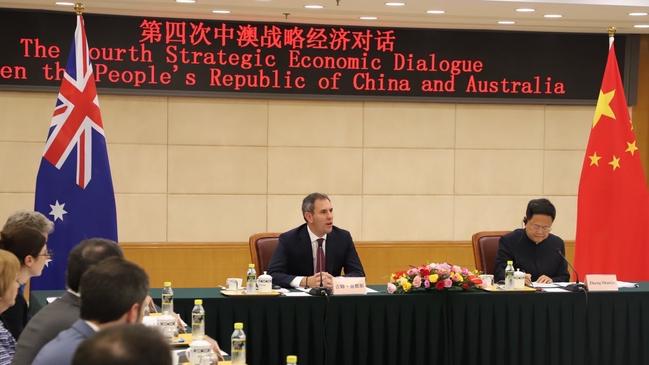
Jim Chalmers will downgrade mining exports by more than $100bn and company tax revenue by $8.5bn, as Xi Jinping’s flatlining economy drives a widening deficit hole in Australia’s budget.
The mid-year budget update on Wednesday will revise down company tax receipts for the first time since 2020 and dramatically lower Treasury’s mining export forecasts, as the Albanese government confronts growing deficits, stagnant economic growth, sticky inflation and high rates.
After last week flagging multibillion-dollar estimates variations in the budget update relating to higher “unavoidable spending”, the Treasurer on Monday will warn that global headwinds threaten the bottom line.
The downgrading of company tax revenue by $8.5bn over four years to 2027-28 is more than twice the cost of Labor’s energy bill relief package and half of the $17bn annual cost of the family tax benefit. Weaker commodity volumes, linked to China’s faltering economy, have sliced more than $100bn from mining export expectations over the forward estimates.
Dr Chalmers, who handed down consecutive surpluses of $15.8bn in 2023-24 and $22.1bn in 2022-23, is also expected to announce bigger forward deficits in the Mid-Year Economic and Fiscal Outlook.
The MYEFO will include funding for unannounced policies, providing a war chest for Anthony Albanese in the event he calls an early election and avoids a deficit-laden March 25 budget. Monthly financial statements released by Finance Minister Katy Gallagher last month revealed the budget was running a deficit of $23bn in the financial year to October 31.
Under pressure over Coalition criticism that Labor spending was keeping inflation and rates higher for longer, Dr Chalmers on Sunday confirmed “we have a number of spending pressures in areas that are very important to us, which are putting substantial pressure on the budget”.
“There is additional spending for veterans, for Medicare, for early childhood education, for natural disasters, and in other areas as well,” Dr Chalmers said.
“There will be some slippage in some of the bottom lines over the forward estimates.”
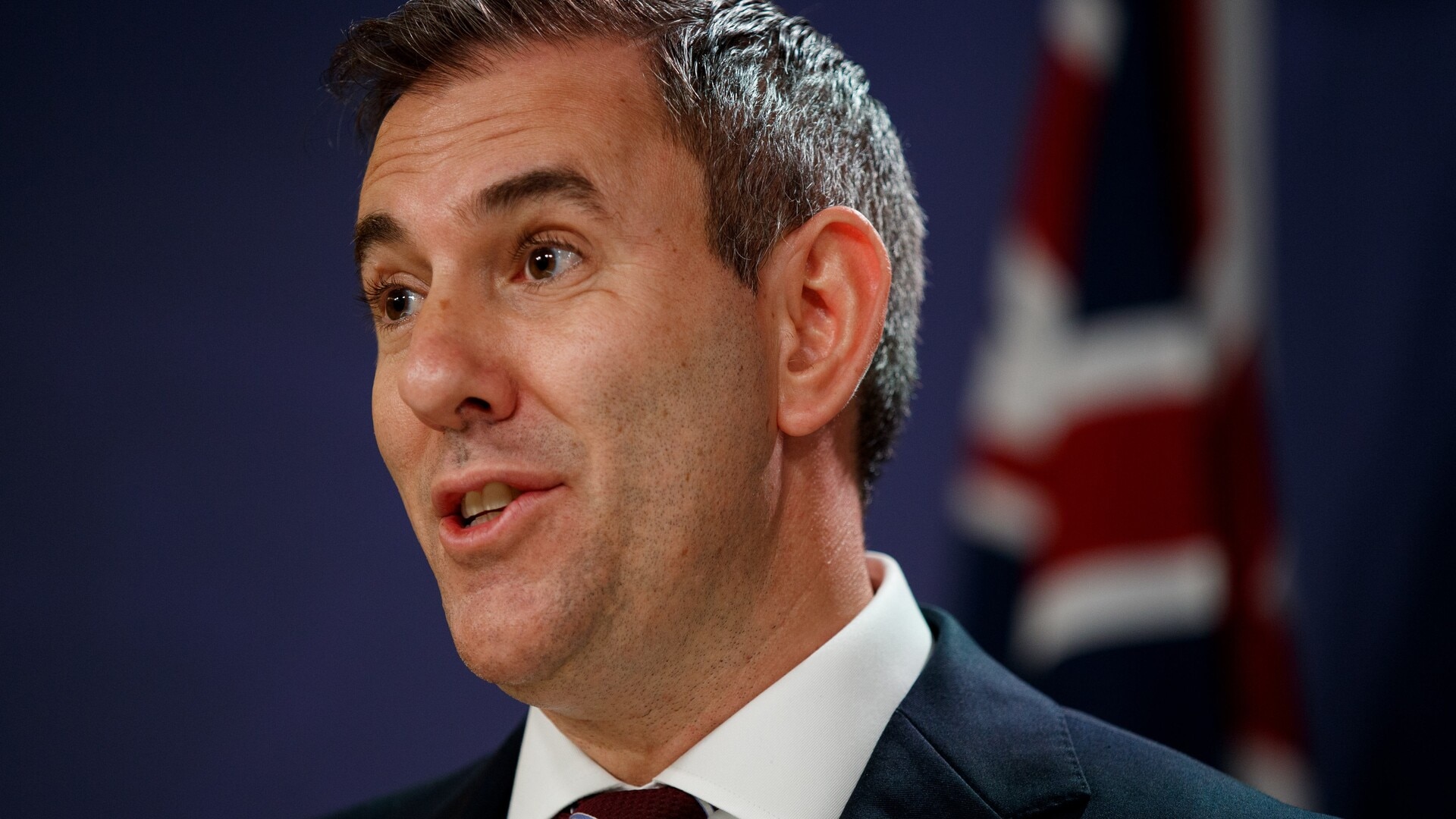
Dr Chalmers, who in September became the first Australian treasurer to travel to China since 2017, warned “challenges in the Chinese economy will have flow-on effects for our own budget and that will be clear in Treasury’s forecasts”.
“The global economy is uncertain, the global outlook is unsettling, and that’s weighing heavily on our economy. Pressures on the budget are intensifying, global volatility is a big part of the story and you’ll see that in the mid-year update,” he said.
“We’re getting the budget in much better nick and building up Australia’s buffers to manage global uncertainty but we’re not immune from challenges coming at us from around the world.”
With Beijing bracing for the return of Donald Trump next month and the imposition of 60 per cent trade tariffs, the Chinese government has been pumping stimulus into its economy to keep it afloat.
Following a two-day planning meeting in Beijing last week, Chinese officials flagged a loosening up of monetary policy and other measures to stabilise the world’s second-biggest economy. Chinese officials on Monday will release monthly updates for November on retail spending, industrial production and fixed-asset investment.
In September, The Australian revealed that Treasury estimates a one-percentage-point drop in Chinese GDP growth would cost Australia about $6bn in lost output. The government has also indicated that a faster fall in iron ore and metallurgical coal prices could cost the budget $4.5bn.
A weakening Chinese economy increases risk to Australia, which counts the communist nation as its biggest trading partner. The trade relationship has been bolstered over the past two years after Beijing removed its $20.6bn trade bans on Australian products.
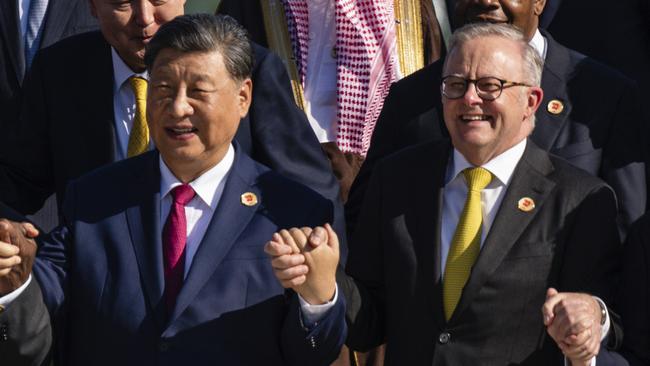
Reserve Bank deputy governor Andrew Hauser last week talked down the impact of Mr Trump imposing trade tariffs on Australia, but warned that a US-China trade war carried far greater risks.
Ahead of next year’s federal election, the MYEFO will include billions of dollars in hidden expenditure under the budget line item dubbed “decisions taken but not yet announced and not for publication”.
The government’s Expenditure Review Committee has been adding and cutting policies in meetings over recent months to ensure there is enough funding in place to support new measures slated for announcement in the lead-up to and during the election campaign. With the government under pressure to increase cost-of-living support, the MYEFO will include a raft of policies aimed at bolstering Labor’s messaging and cut-through.
After lengthy delays finalising projects and funding under the $10bn Housing Australia Future Fund and $15bn National Reconstruction Fund, Housing Minister Clare O’Neil on Monday will announce plans to fast-track 5000 new social homes under round two of the HAFF. NRF announcements are also imminent.
Ms O’Neil will unveil a new partnership at a meeting with state and territory counterparts, which is expected to unlock up to $3bn in new social housing investment across the country.
In addition to first-round funding supporting up to 13,700 homes, Ms O’Neil said the partnership with states and territories would build “thousands of homes quickly”.
Second-round HAFF funding, which closes at the end of January, is expected to be accelerated to ensure the government can promote social housing projects during the election campaign.
The Prime Minister, who has promised to build a pipeline of 55,000 social and affordable homes, will ramp up selling Labor’s $32bn Homes for Australia plan over coming weeks.
Despite Labor’s plan, the Albanese government remains on track to fall short of its promise to build 1.2 million new, well-located homes by mid-2029.
Ms O’Neil said the HAFF funding would create thousands of new construction jobs and help “bring tens of thousands of homes online as quickly as possible”.
“This a great new partnership with states and territories that is going to fast-track 5000 new social homes, because the way out of this housing crisis is to build, build, build,” the minister said.
With the Coalition pushing to win support from disgruntled homebuyers and the Greens pledging to help renters, the Albanese government is positioning its HAFF program to help reduce homelessness and take pressure off rents.


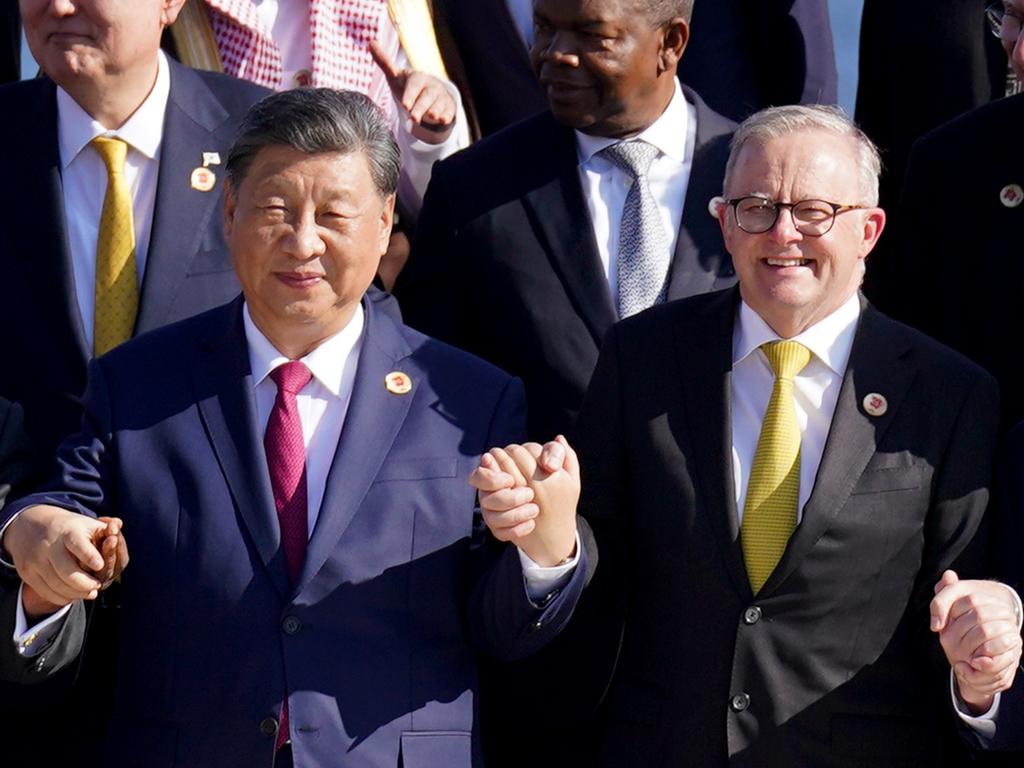

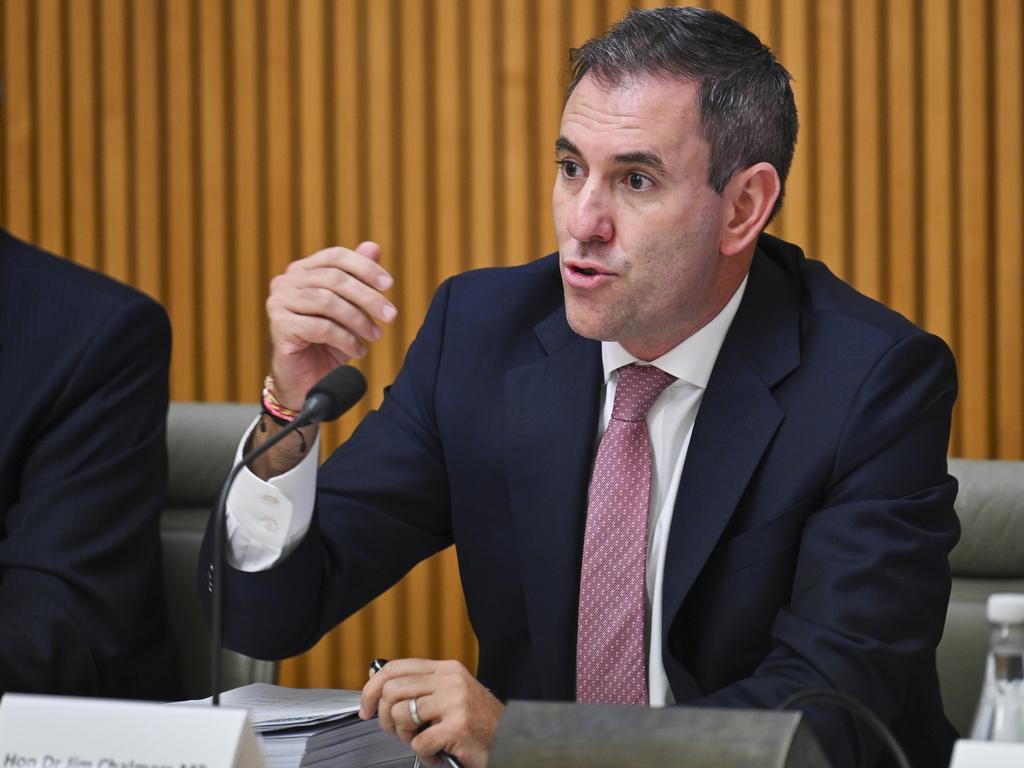


To join the conversation, please log in. Don't have an account? Register
Join the conversation, you are commenting as Logout